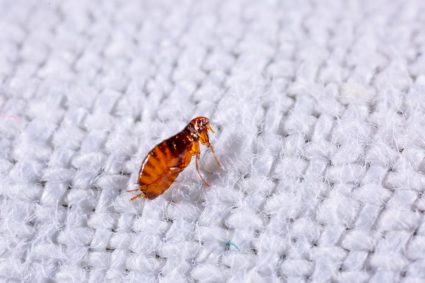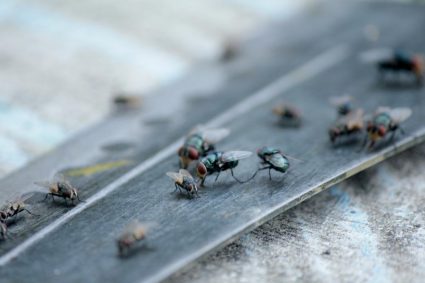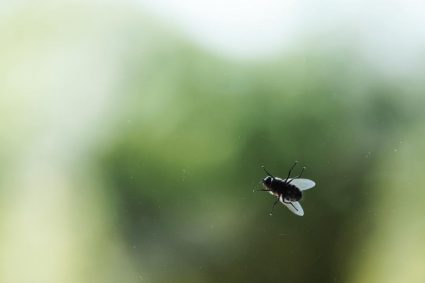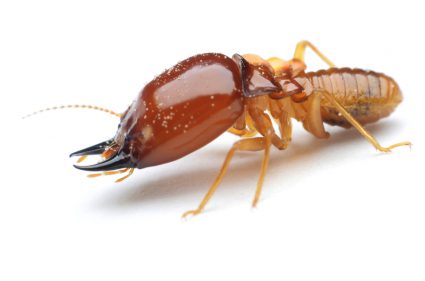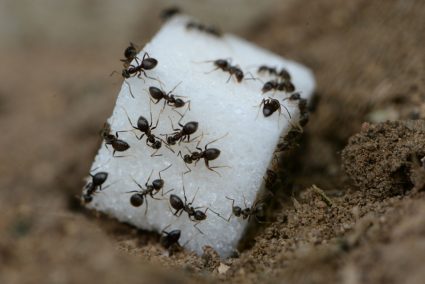
Ammonia, a common household cleaning agent, has been touted as a possible mouse deterrent. However, the question remains: does ammonia kill mice? This article will delve into the effects of ammonia on mice, the potential risks of using ammonia as a pest control method, and alternative solutions for dealing with a mouse infestation.
Ammonia can indeed have lethal effects on mice, causing a range of health issues from irritation to convulsions. However, it’s not a recommended method for pest control due to its potential dangers to humans, pets, and the environment. There are safer and more effective alternatives available for controlling a mouse infestation.
The Effects of Ammonia on Mice
Ammonia can have several negative impacts on the health of mice. High intracage ammonia levels can cause subclinical degeneration and inflammation of nasal passages, rhinitis, and olfactory epithelial necrosis in exposed mice. Ammonia toxicity can also lead to increased activity of certain enzymes in the mouse brain, causing both short-term and long-term effects. When mice are exposed to lethal concentrations of ammonia, they may experience irritation to the eyes and nose, tremors, ataxia, convulsions, seizures, and pathological lesions in the alveoli. In addition, ammonia exposure can cause dry throat, dry airway, eye irritation, and nasal irritation in mice.
Risks and Dangers of Using Ammonia as a Pest Control Method
Using ammonia to control a mouse population can pose several potential dangers and risks to both humans and animals. High levels of ammonia can cause irritation and serious burns on the skin and in the mouth, throat, lungs, and eyes. At very high levels, ammonia can even cause death. Moreover, ammonia is corrosive and can result in damage to the respiratory tract.
Furthermore, ammonia is not guaranteed to be effective in repelling or killing mice, and there are more efficient methods available for controlling mouse populations. Using ammonia as a mouse repellent can also put pets and family members at risk due to its toxic nature. It is essential to consider these risks and explore alternative methods for controlling mouse populations, such as traps or professional pest control services, to ensure the safety of humans and animals in the area.
Legal and Ethical Considerations
While there are no specific legal restrictions or guidelines for using ammonia as a rodent control method, it is essential to handle and use ammonia responsibly, considering its potential health risks and environmental impacts. Also, the ethical considerations of using ammonia for pest control involve potential harm to animals, humans, and the environment.
Effective Alternatives to Ammonia
While ammonia may deter mice to some extent, it is not the most effective or humane method for controlling a mouse infestation. There are several other methods that can be used, including:
- Peppermint oil
- Cayenne pepper or chili oil
- Ultrasonic repellents
- Mothballs
- Essential oils
- Mint plants
- Copper wool
Each of these methods has its pros and cons, and their effectiveness may vary depending on the severity of the infestation. Always remember to combine these methods with proper sanitation and exclusion measures to achieve the best results.
Conclusion
In conclusion, while ammonia can have negative effects on mice, it is not the most effective or humane method for controlling a mouse infestation. It is essential to consider the potential risks and ethical implications of using ammonia for this purpose. Always explore safer, more effective alternatives for controlling a mouse population and ensuring the safety of your family and pets.
This article does not replace professional pest control advice. If you have a severe mouse infestation, it is recommended that you seek the help of a professional pest control service.
Frequently Asked Questions
Is ammonia harmful to humans?
Yes, ammonia can be harmful to humans. High levels of ammonia can cause irritation and serious burns on the skin and in the mouth, throat, lungs, and eyes. At very high levels, it can even cause death.
Can I use ammonia to repel mice?
While ammonia may deter mice to some extent, it is not the most effective method for controlling a mouse infestation. There are several safer and more effective alternatives, such as peppermint oil, ultrasonic repellents, and mothballs.
Are there other effective methods to control mouse infestations?
Yes, there are several other effective methods to control a mouse infestation. These include using peppermint oil, cayenne pepper or chili oil, ultrasonic repellents, mothballs, essential oils, mint plants, and copper wool.
Is it safe to use ammonia around pets?
No, it is not safe to use ammonia around pets. Due to its toxic nature, ammonia can pose risks to pets and family members.
What should I do if I have a severe mouse infestation?
If you have a severe mouse infestation, it is recommended that you seek the help of a professional pest control service. This will ensure the safe and effective elimination of the mouse population.


